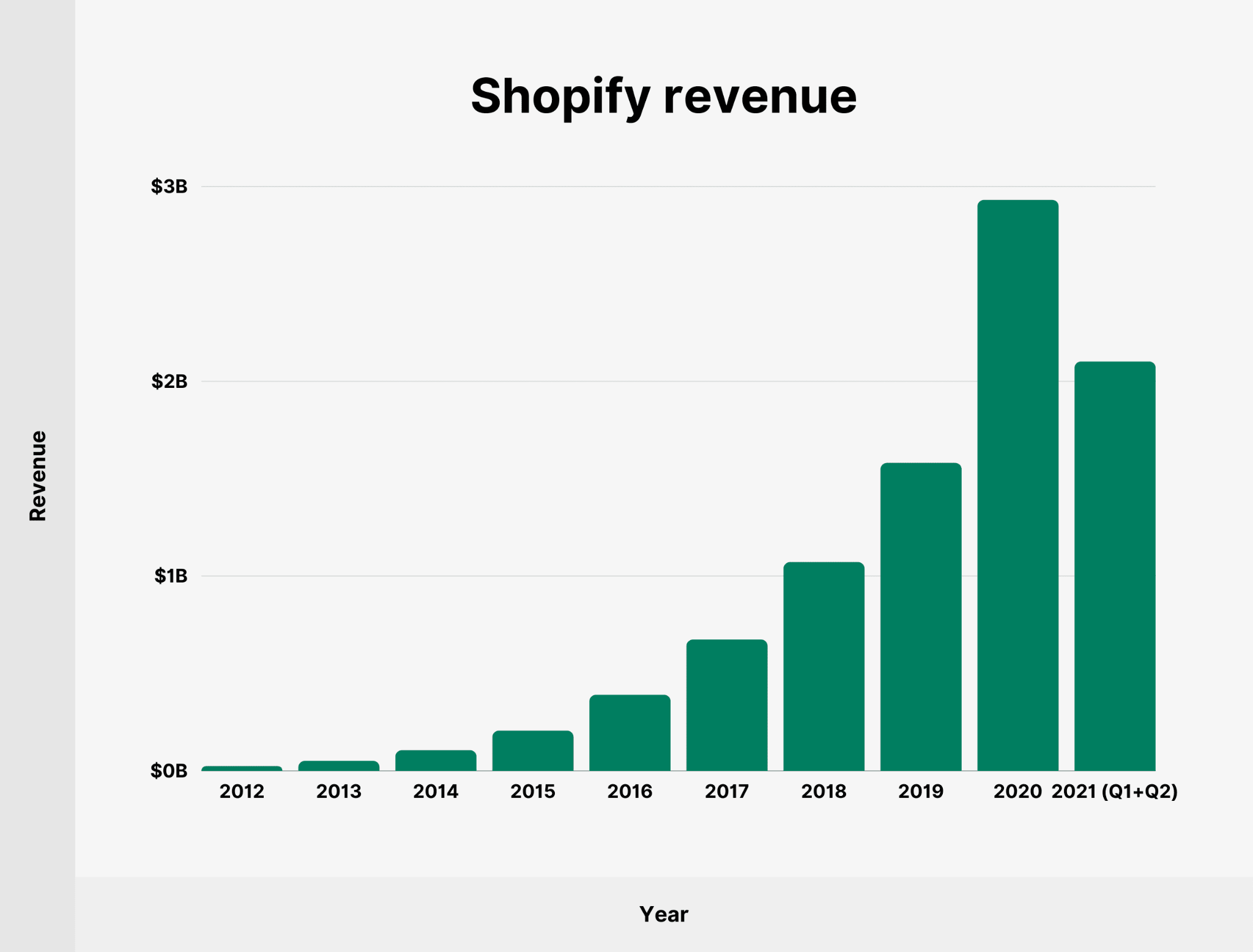In the competitive world of e-commerce, search engine optimization (SEO) plays a vital role in driving organic traffic and increasing revenue. To maximize your SEO efforts, it’s essential to leverage the right tools. In this article, we’ll explore 21 actionable SEO tools that can help improve your e-commerce revenue.
From advanced AI systems to data scraping and analytics tools, we’ll dive into each tool’s features, benefits, and suitable examples.
Understand the Importance of SEO in E-commerce :

In e-commerce, (SEO) is crucial for the success of online businesses. SEO refers to the strategies and techniques used to improve a website’s visibility and rankings in search engine results pages (SERPs).
Here are some key reasons why SEO is essential for e-commerce:
- Improved Conversion Rates: SEO not only drives traffic but also helps optimize your e-commerce website for conversions. By implementing effective call-to-actions, improving product descriptions, and providing clear navigation, you can guide visitors through the buying process and increase the likelihood of conversions and sales.
- Targeted Keyword Optimization: Through keyword research and optimization, SEO helps you understand the search terms and phrases your potential customers are using. By incorporating these keywords into your product descriptions, category pages, and blog content, you can attract highly targeted traffic that is more likely to convert into sales.
- Competitor Analysis: SEO allows you to analyze your competitors’ online strategies and identify opportunities for improvement. By understanding what keywords they are targeting, the quality of their backlinks, and their content strategies, you can refine your own approach and gain a competitive edge in the market.
- Increased Organic Traffic: SEO helps drive organic (non-paid) traffic to your e-commerce website. When your site appears higher in search results, it is more likely to be clicked on by users, resulting in increased visibility and website visits. By optimizing your website for relevant keywords, you can attract targeted traffic and potential customers.
- Better User Experience: SEO focuses on enhancing the user experience on your e-commerce site. By optimizing website structure, improving page load speed, and ensuring mobile responsiveness, you provide a seamless and user-friendly experience. This leads to increased engagement, longer site visits, and higher conversion rates.
- Long-Term Sustainability: SEO is a long-term marketing strategy that yields sustainable results. Unlike paid advertising, where visibility diminishes once the budget runs out, SEO efforts can have lasting effects. By consistently optimizing your website, creating high-quality content, and building authoritative backlinks, you can maintain and improve your search engine rankings over time.
Here are 21 SEO Tools to help you to Boost your EComm. Revenue IN 2023.
1. AI Tools :

AI-powered SEO tools, such as ChatGPT, provide advanced capabilities for data analysis, content optimization, and keyword research.
These tools leverage machine learning algorithms to improve search engine rankings, identify user intent, and generate valuable insights. For example, AI systems can analyze large volumes of data to identify trends, target audience preferences, and provide personalized recommendations for e-commerce marketers.
2. Google Analytics:
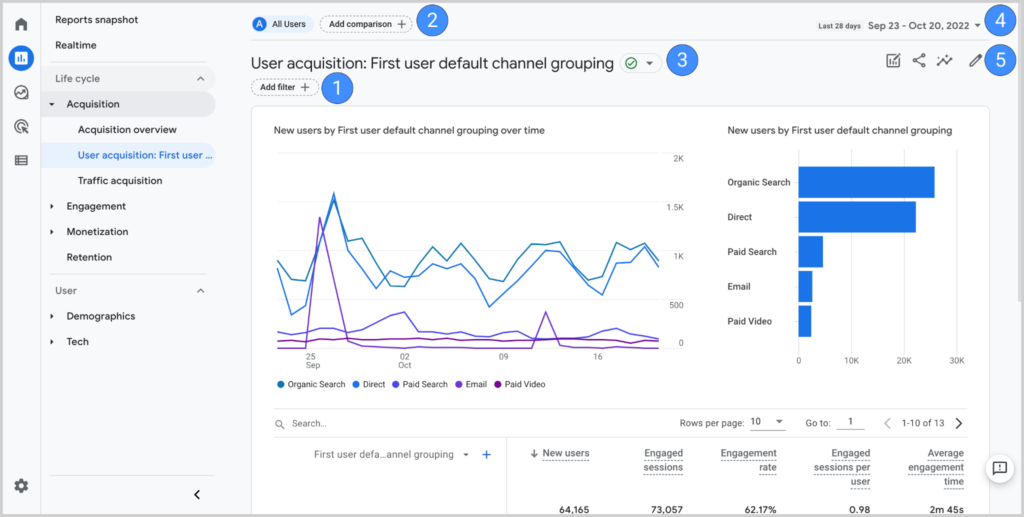
Google Analytics is a must-have tool for e-commerce marketers. It offers in-depth data about website traffic, user behavior, conversion rates, and more. By analyzing this data, you can identify the sources of your most valuable traffic, optimize marketing campaigns, and improve user experience to boost revenue. For instance, you can track the performance of specific product pages, identify high-converting keywords, and optimize your sales funnel accordingly.
3. OnCrawl :
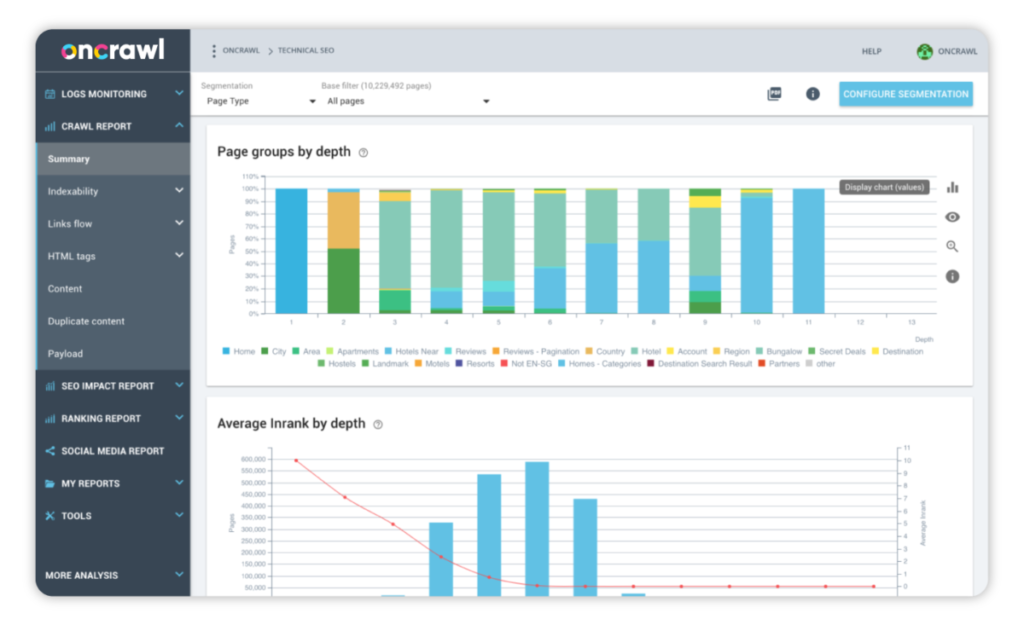
OnCrawl is a comprehensive technical SEO tool that provides insights into website performance and technical issues. It crawls your e-commerce website, analyzes data, and offers actionable recommendations to improve visibility and search engine rankings.
For example, OnCrawl can help you identify and fix duplicate content issues, improve site structure, and optimize page load speed for better user experience and higher rankings.
4. MindMaps :

MindMaps is a powerful tool for visualizing website structures and organizing content clusters. By creating mind maps, you can effectively plan and structure your e-commerce website’s content strategy.
For example, you can group related products or categories together, optimize internal linking, and improve the overall user experience by providing easy navigation.
5. Octoparse :

Octoparse is a web scraping tool that enables e-commerce marketers to extract data from websites for competitive analysis, content research, and market insights. With Octoparse, you can scrape product data, pricing information, customer reviews, and more. For example, you can gather data on competitor pricing, identify popular product features, and gain a competitive edge by leveraging this information.
6. Google Search Console :

Google Search Console is a vital tool for monitoring and optimizing your website’s presence in Google search results. It provides valuable data on keyword performance, indexing issues, backlinks, and more. For instance, you can identify keywords that drive traffic to your e-commerce site, optimize meta tags and descriptions, and fix crawling and indexing errors for better visibility.
7. OnpageAI
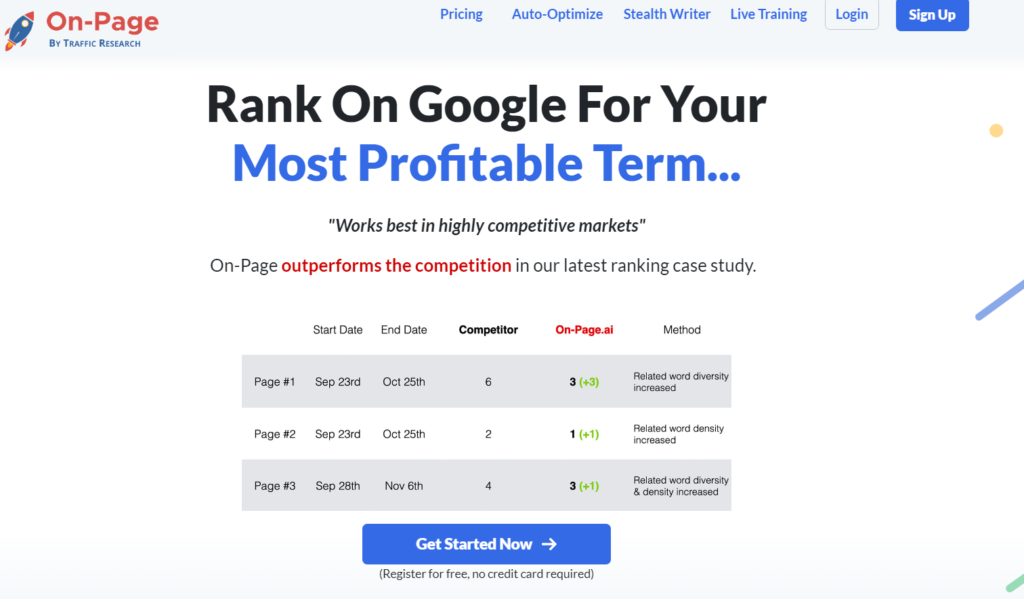
OnpageAI is an advanced SEO tool that helps e-commerce marketers understand entities and their relationships within web content. It uses natural language processing and machine learning to analyze content and provide recommendations for improving relevancy and rankings. For example, OnpageAI can suggest relevant keywords, optimize content structure, and enhance semantic SEO to attract more targeted traffic.
8. Schemantra

Schemantra is a powerful tool for generating and implementing structured data, including knowledge graphs, rich snippets, and schema markup. By adding structured data to your e-commerce website, you can enhance search engine visibility and improve click-through rates. For instance, Schemantra can help you create rich snippets for product reviews, ratings, and pricing, increasing the chances of attracting potential customers.
9. CogSEO

CogSEO is a valuable tool for analyzing and optimizing on-page SEO elements. It provides detailed insights into keyword usage, content structure, meta tags, and more. For example, CogSEO can help you identify keyword cannibalization issues, improve content readability, and optimize meta tags to increase organic traffic and conversions.
10. LinkedIn –

LinkedIn is a powerful social networking platform for building connections and establishing authority in the SEO industry. By connecting with industry professionals, sharing valuable content, and participating in relevant groups, you can expand your network and stay updated with the latest SEO trends. For example, you can engage with e-commerce experts, collaborate on content, and build relationships that may lead to valuable partnerships or guest blogging opportunities.
11. Screaming Frog
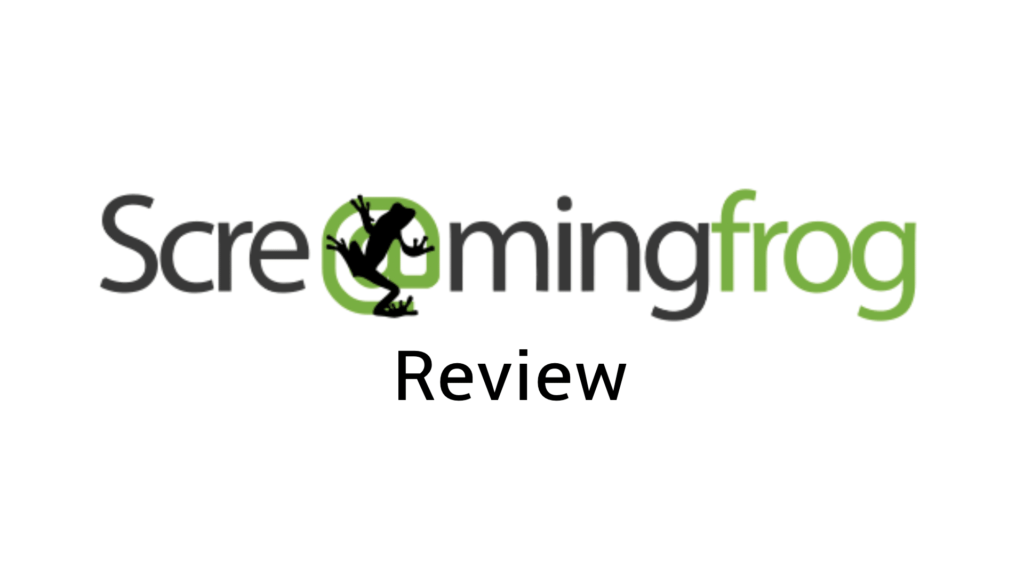
Screaming Frog is a widely used SEO crawler that analyzes websites for technical issues, on-page elements, and link profiles. It helps you identify broken links, duplicate content, missing meta tags, and more. For instance, Screaming Frog can help you identify broken links on your e-commerce site, fix redirection issues, and improve crawl ability for better search engine rankings.
12. Ahrefs/SEMrush – Favorite Tools:
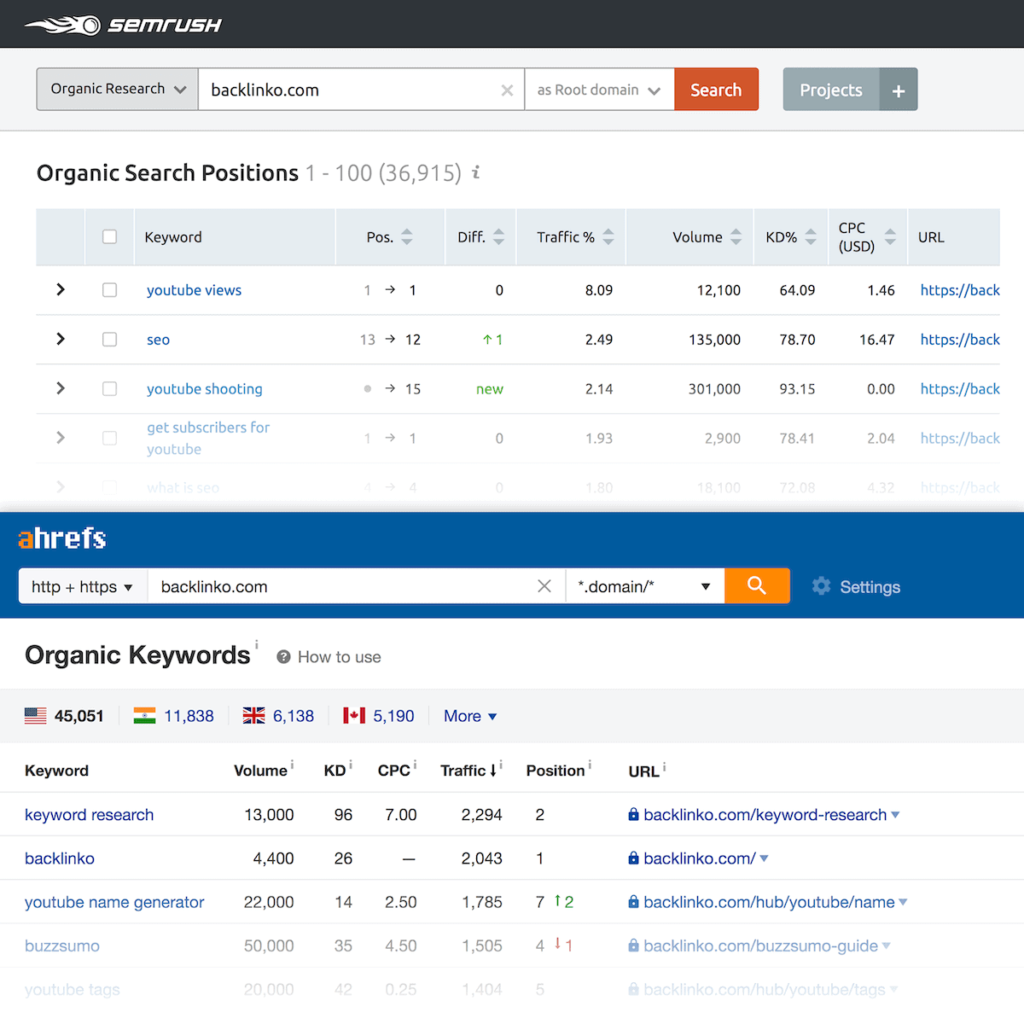
Ahrefs and SEMrush are popular all-in-one SEO tools that provide comprehensive features for keyword research, competitor analysis, backlink analysis, and more. By leveraging these tools, you can identify profitable keywords, analyze competitor strategies, and optimize your e-commerce website accordingly.
For example, you can track keyword rankings, monitor backlinks, and discover content opportunities to increase organic traffic and revenue.
13. Topical Relevance :
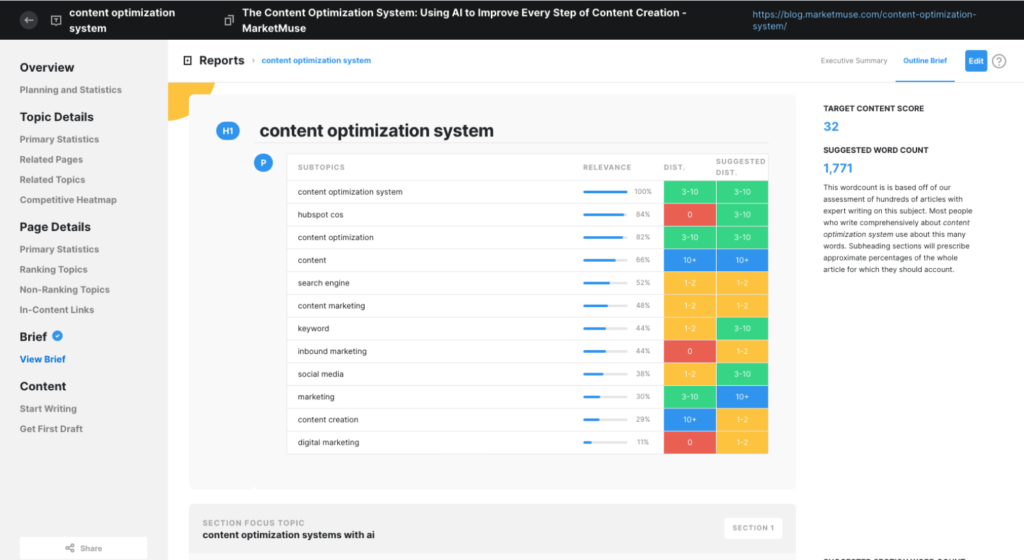
Topical relevance tools, like MarketMuse or Topic, help you understand the relationship between keywords, content, and search intent. These tools enable you to create highly relevant and comprehensive content that aligns with user expectations.
For example, you can identify related topics and subtopics, optimize content for semantic SEO, and deliver valuable information that addresses user queries effectively.
14. SE ranking :
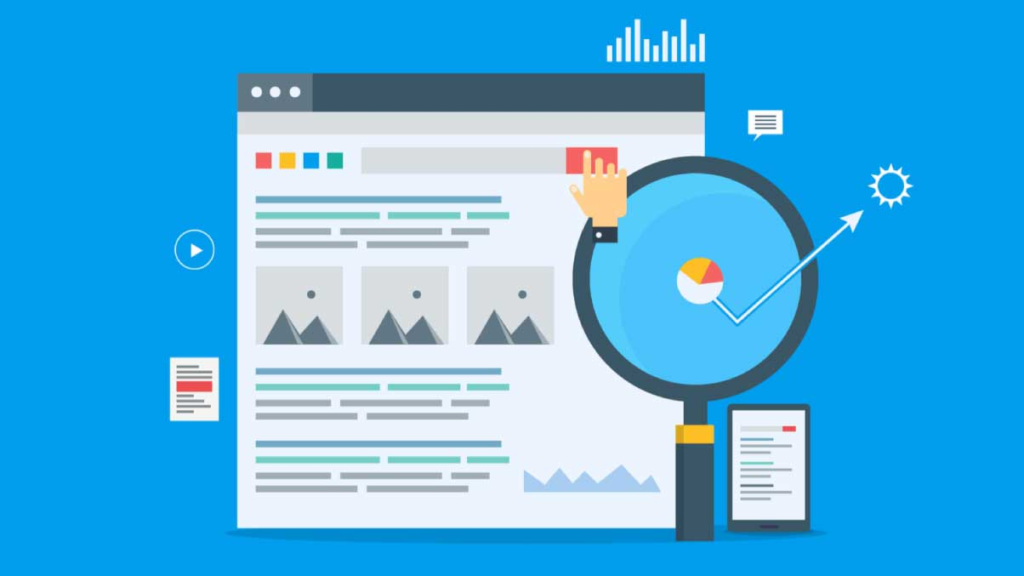
SE ranking is a keyword tracking tool that allows you to monitor your website’s keyword rankings in search engines. It provides insights into keyword positions, search volumes, and competitors’ rankings.
For example, you can track the performance of your targeted keywords, identify fluctuations, and adjust your SEO strategies to maintain or improve rankings and drive more traffic.
15. JetOctopus :
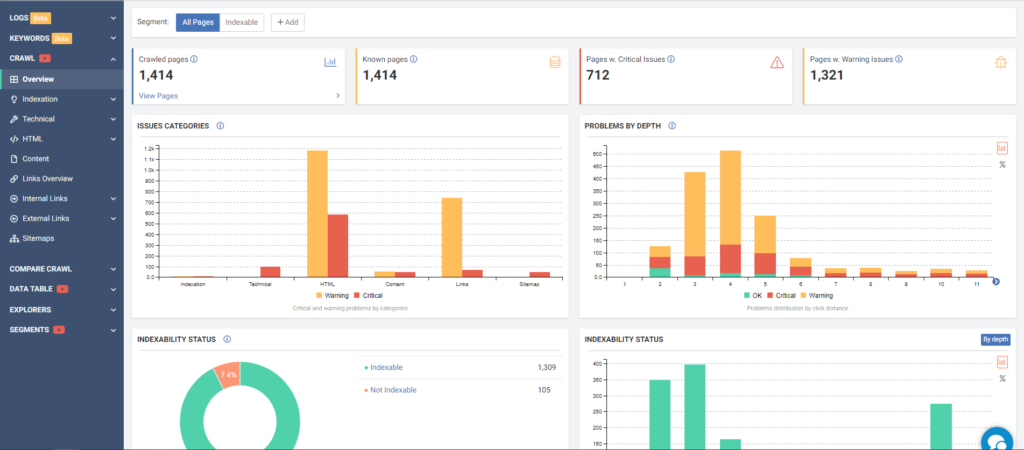
JetOctopus is a fast and efficient website crawler that provides a comprehensive analysis of website structure, internal linking, and technical SEO issues. It helps you identify crawl errors, optimize internal linking, and improve website performance.
For example, JetOctopus can uncover orphaned pages, detect broken links, and ensure that search engines can efficiently crawl and index your e-commerce website.
16. WriterZen

WriterZen is an AI-powered content optimization tool that helps you create highly relevant and engaging content. It provides keyword suggestions, content structure recommendations, and readability analysis.
For example, WriterZen can help you optimize product descriptions, blog posts, and category pages by suggesting relevant keywords, improving readability, and enhancing overall content quality.
17. Majestic :
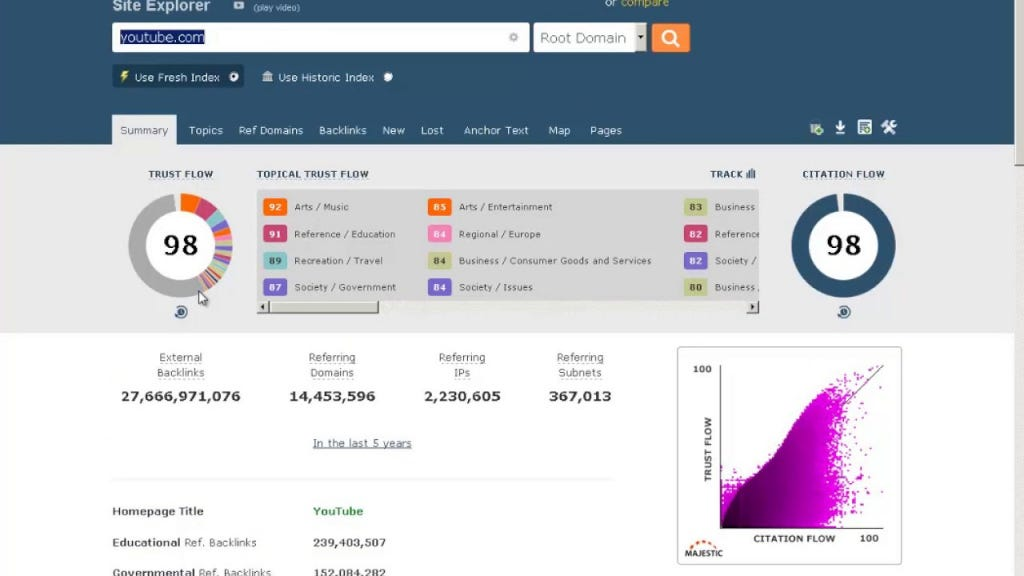
Majestic is a comprehensive backlink analysis tool that helps you audit and monitor your website’s link profile. It provides insights into backlink quality, anchor text distribution, and competitor link profiles.
For example, Majestic can help you identify and disavow toxic backlinks, analyze competitor link-building strategies, and improve the authority and credibility of your e-commerce website.
18. AnswerThePublic and SEOminion
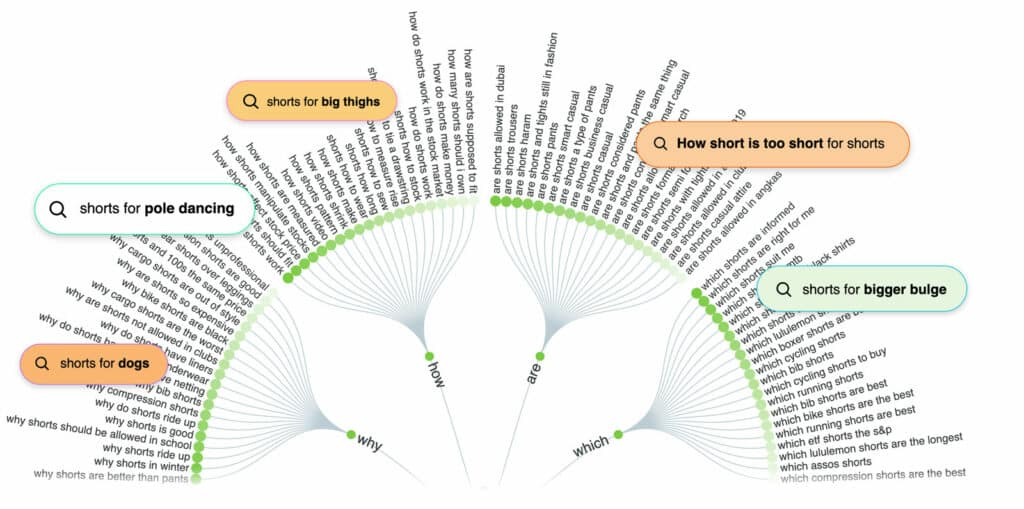
AnswerThePublic and SEOminion are valuable tools for extracting SERP data, including frequently asked questions (FAQs) and related keywords. By understanding user search intent and the types of information they seek, you can optimize your content to address those queries effectively.
For example, you can create FAQ sections, optimize meta descriptions with relevant keywords, and provide comprehensive answers to user queries.
19. Google Sheets :
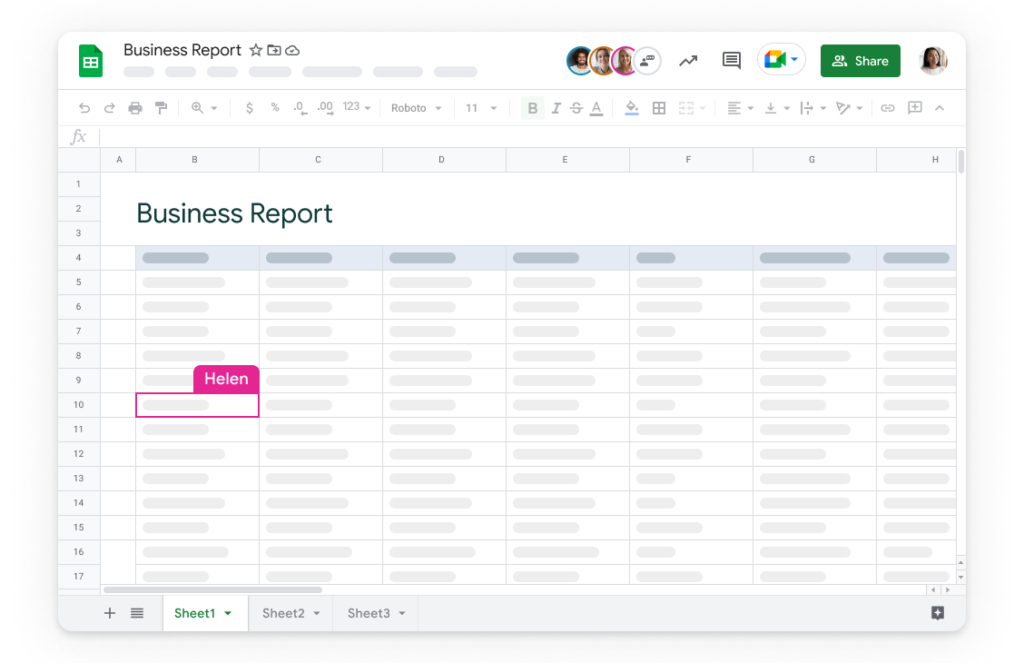
Google Sheets is a versatile tool for organizing and analyzing SEO data. You can use it to track keyword rankings, analyze backlinks, create content calendars, and more.
For example, you can import data from various SEO tools, create custom reports, and collaborate with team members to streamline your e-commerce SEO efforts effectively.
20. Frase :
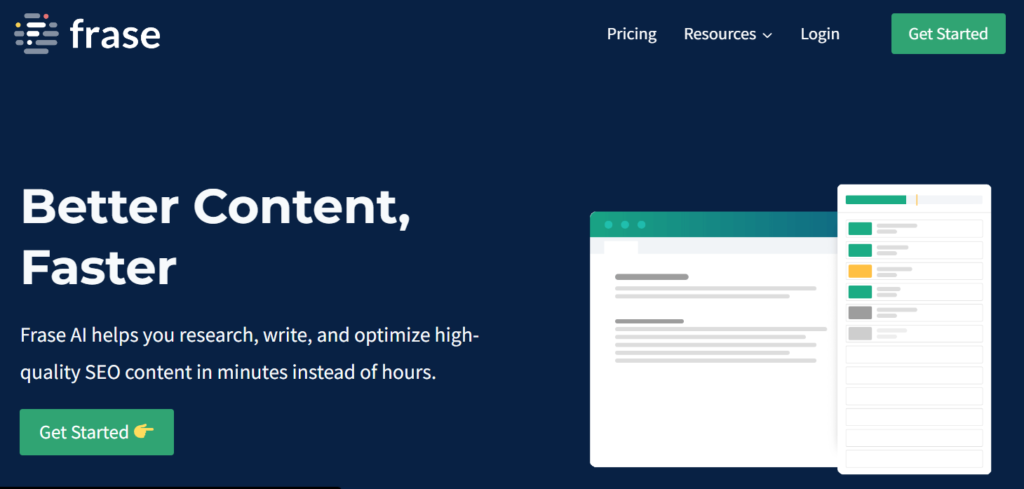
Frase is an AI-powered content optimization tool that helps you analyze top-ranking web pages and identify content gaps. It provides insights into relevant topics, commonly used phrases, and related entities.
For example, Frase can help you identify the most relevant subtopics to cover, optimize content for featured snippets, and create comprehensive content that outperforms competitors in search engine rankings.
21. Nightwatch :
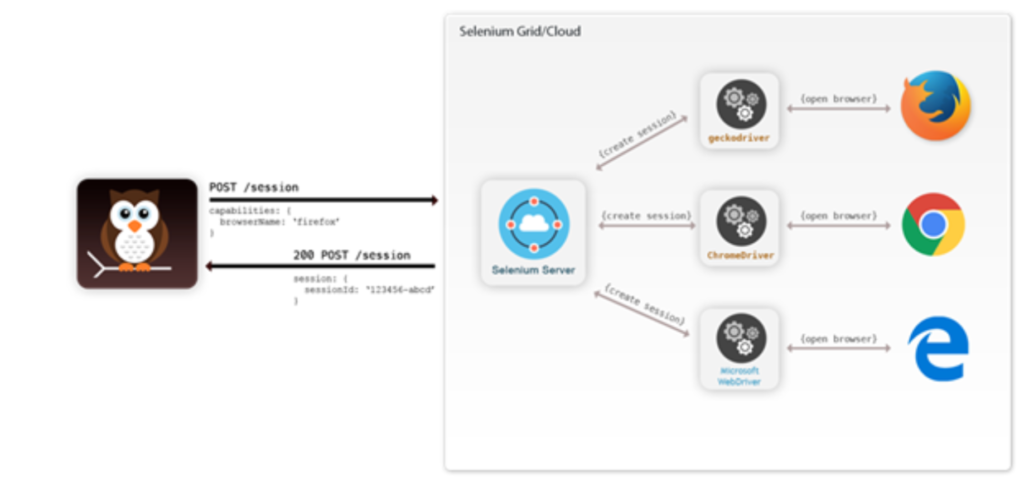
Nightwatch is a powerful SEO tool that allows you to track and analyze keyword rankings in international search engine results pages (SERPs). It provides insights into search visibility, competitor rankings, and keyword performance across different regions.
For example, Nightwatch can help you identify opportunities for international expansion, optimize multilingual content, and tailor your e-commerce strategies to specific target markets.
Here are some additional tips for improving your e-commerce website’s SEO:
- Do keyword research: The first step to improving your SEO is to do keyword research. This will help you to identify the keywords that people are using to search for products or services like yours.
Once you know which keywords you want to target, you can optimize your website’s content and structure to include those keywords.
- Create high-quality content: Your website’s content is one of the most important factors for SEO. Make sure that your content is high-quality, informative, and relevant to your target audience.
- Optimize your page titles and meta descriptions: Your page titles and meta descriptions are the snippets of text that appear in search engine results pages. Make sure that your page titles and meta descriptions are clear and concise, and include the keywords that you want to target.
- Build backlinks: Backlinks are linked from other websites to your website. They are a signal to search engines that your website is authoritative and trustworthy. You can build backlinks by guest blogging, participating in online forums, and submitting your website to directories.
- Keep your website up-to-date: Search engines like Google reward websites that are up-to-date with fresh content. Make sure that you are regularly updating your website with new content.
By following these tips, you can improve your e-commerce website’s SEO and attract more visitors, make more sales, and build brand awareness for your business.
FAQs:

